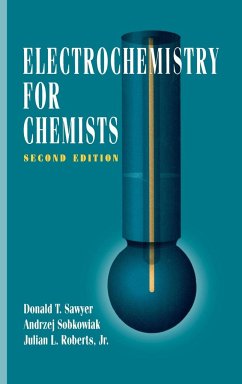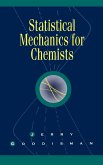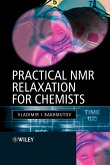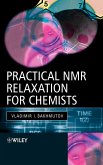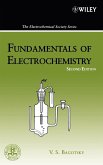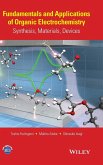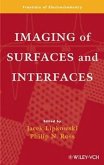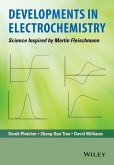Electrochemistry is a well-developed area of chemistry. It deals with the chemical changes accompanying the passage of an electric current or the reverse (a battery). This new edition of a bestseller introduces the basic principles necessary for using electrochemical methods to analyze chemical systems. Presents a pragmatic guide to the advantages of electrochemical methods for research and laboratory measurements, covering principles, applications, and the instrumentation, solvents and reagents used.
A complete and practical guide to the basic principles of electrochemistry for the nonspecialist
Emphasizing practical applications and real-world experimentation, Electrochemistry for Chemists gives chemists, biologists, and material scientists a solid understanding of the basic principles and modern methodology of electrochemistry. Incorporating the many new applications of recent years, this thoroughly updated Second Edition gives the nonelectrochemist access to a powerful tool for the study and measurement of chemical systems. And, like the popular first edition, the Second Edition is also a useful text for senior undergraduate and graduate students, especially in organic, inorganic, and biological chemistry.
Offers a practical guide to the use of electrochemical methods in research and laboratory work
Provides examples of molecular characterization by electrochemical methods in all subdivisions of chemistry, including dioxygen species, base metals, and nonmetals
Includes numerous tables of electrochemical data, as well as physical parameters for solvents, electrolytes, cells, and electrodes
Incorporates the latest information on instrumentation, solvents, and reagents
Lists extensive references for further study of theoretical issues
A complete and practical guide to the basic principles of electrochemistry for the nonspecialist
Emphasizing practical applications and real-world experimentation, Electrochemistry for Chemists gives chemists, biologists, and material scientists a solid understanding of the basic principles and modern methodology of electrochemistry. Incorporating the many new applications of recent years, this thoroughly updated Second Edition gives the nonelectrochemist access to a powerful tool for the study and measurement of chemical systems. And, like the popular first edition, the Second Edition is also a useful text for senior undergraduate and graduate students, especially in organic, inorganic, and biological chemistry.
Offers a practical guide to the use of electrochemical methods in research and laboratory work
Provides examples of molecular characterization by electrochemical methods in all subdivisions of chemistry, including dioxygen species, base metals, and nonmetals
Includes numerous tables of electrochemical data, as well as physical parameters for solvents, electrolytes, cells, and electrodes
Incorporates the latest information on instrumentation, solvents, and reagents
Lists extensive references for further study of theoretical issues

